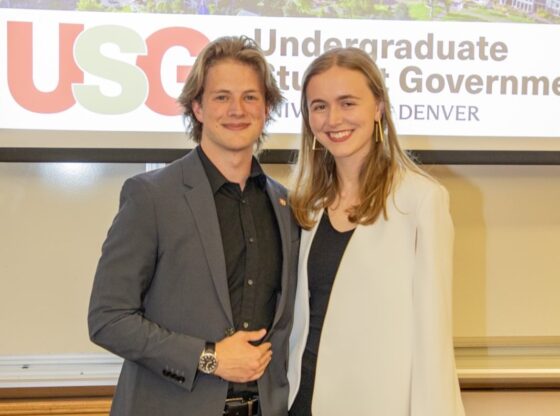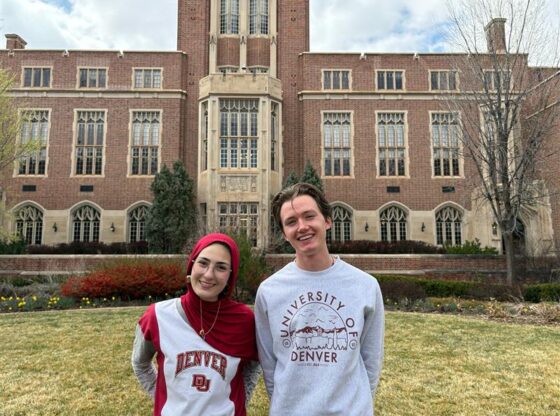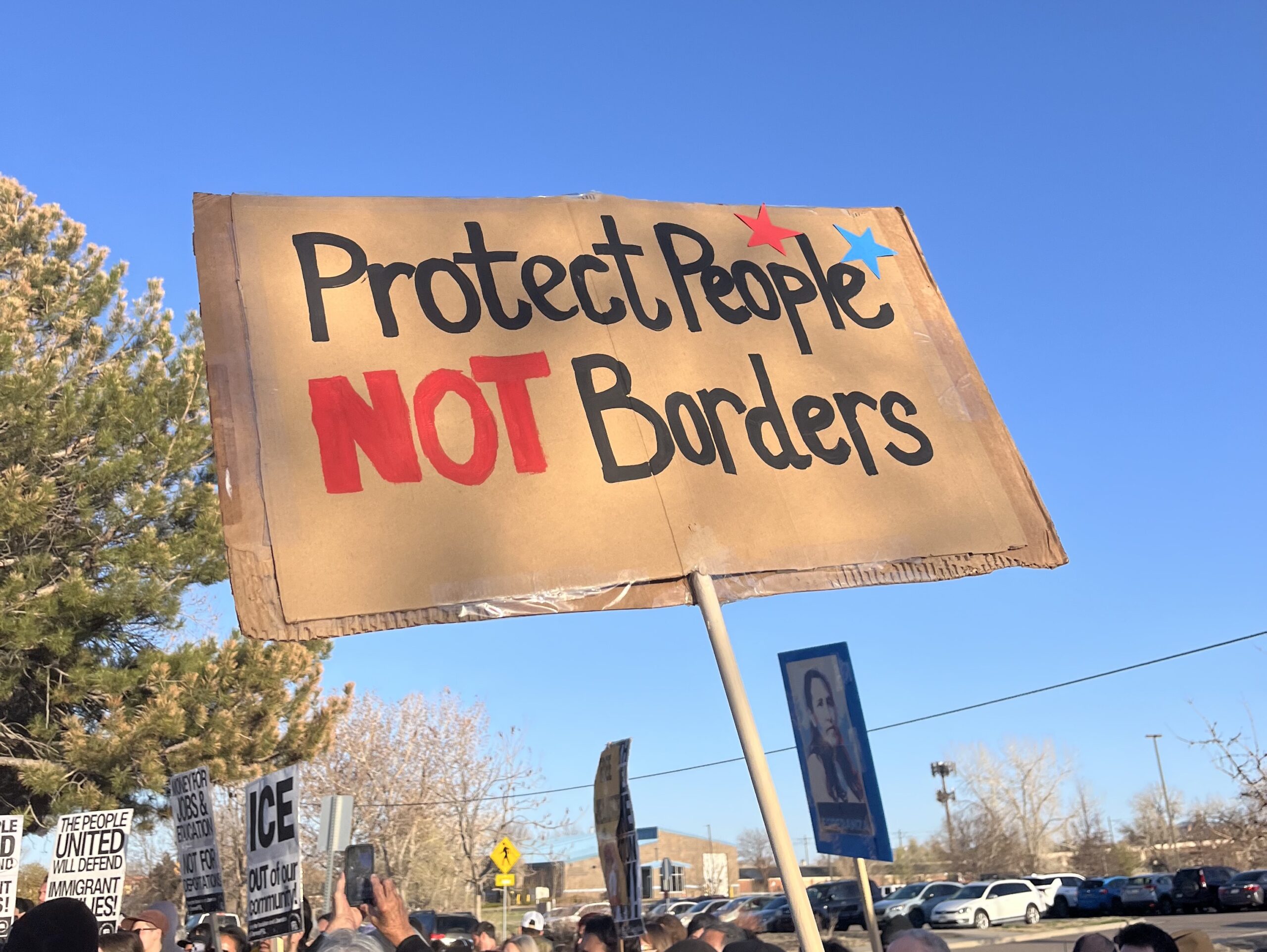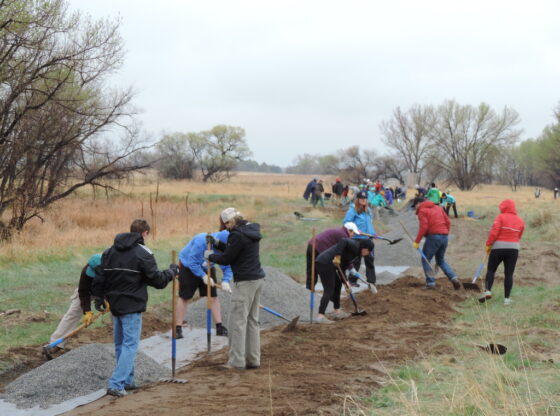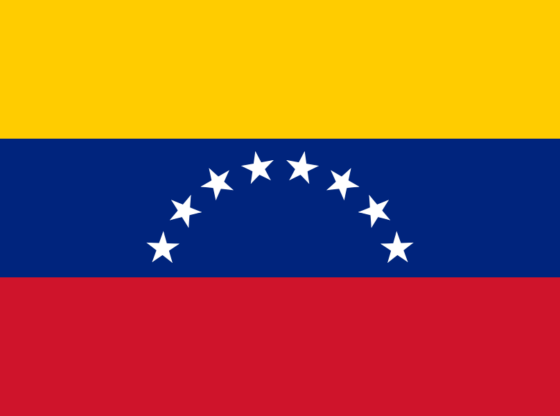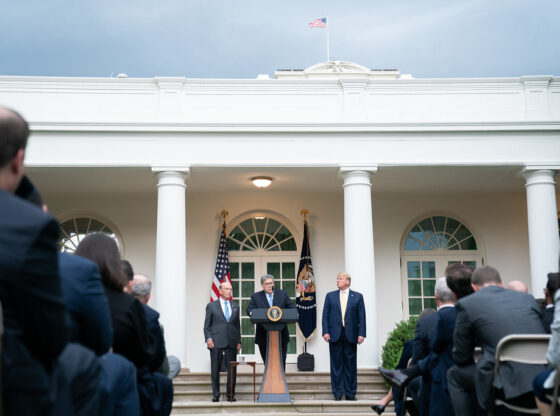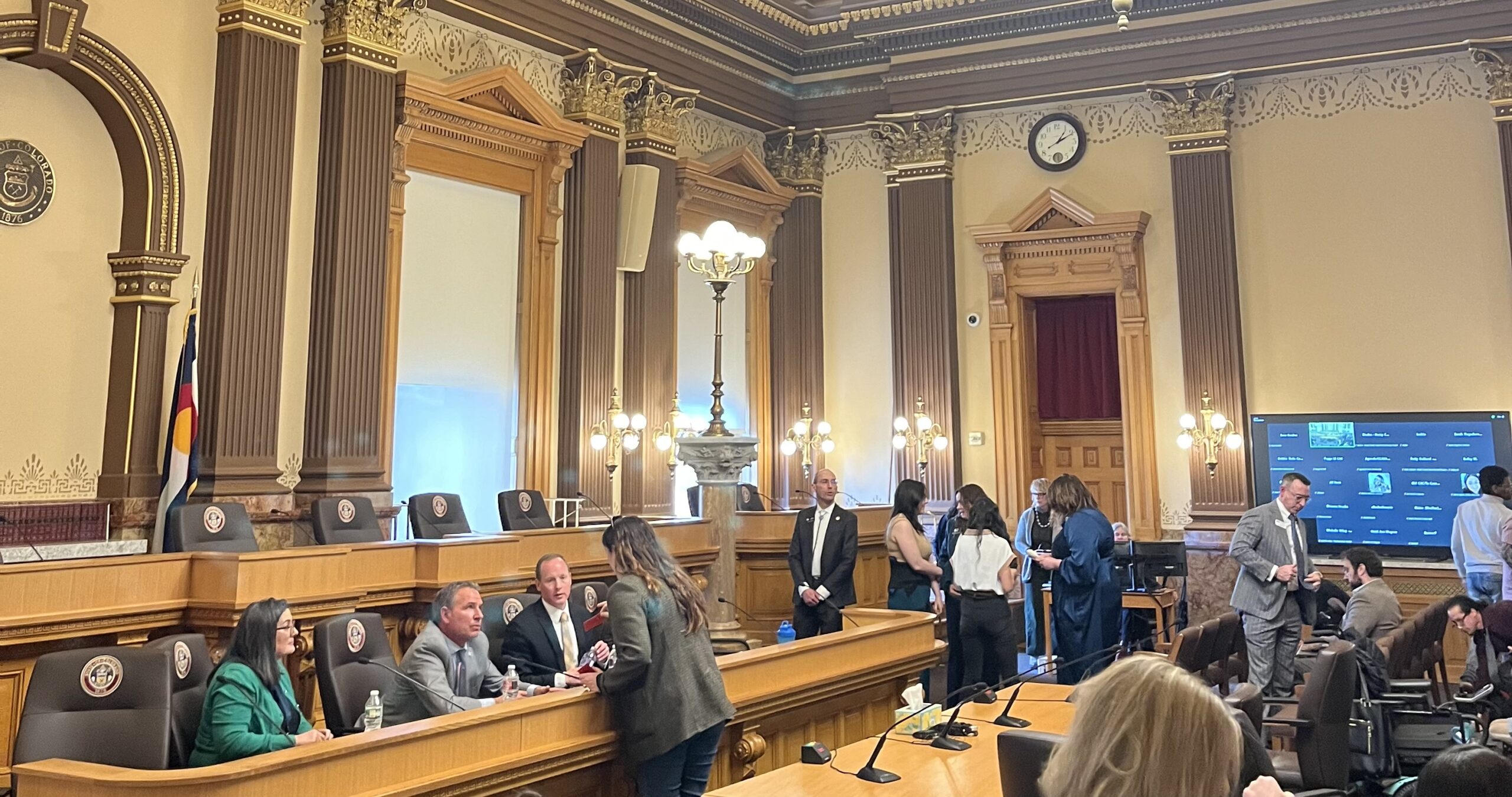The Estlow International Center for Journalism and New Media and IRISE led a masterclass and panel with members of New Yorkers Against Gun Violence (NYAGV), beginning a series of events alongside IRISE in 2021 to engage faculty, students, and visitors with issues regarding institutional Justice.
On Sept. 29, the Institutional Research Institution for Studies of Inequality (IRISE) hosted a series of events to kick off the 2021 academic year to start an in-person conversation relating to institutional racial justice, mass incarceration and police brutality.
For the first time in nearly two years, the event was able to be held in-person. Special guests included Andrea Gonzalez, Frank Teah and Shaina Harrison from the NYAGV organization, renowned civil rights lawyer Jim Freeman and Julian Rubenstein, an award-winning journalist.
Jim Freeman and Julian Rubenstein both recently published in 2021 crucial non-fiction works on understanding the root and cycle of mass incarceration and the broken criminal justice system: “The Holly: Five Bullets, One Gun, and The Struggle to Save An American Neighborhood” and “Rich Thanks to Racism.”
The panel discussion began with the Estlow Center presenting Dean Singleton, the former owner of the Denver Post from 1987 to 2013 and the founder of MediaNews group, receiving the 2021 Journalism in the Public Interest award. Upon receiving the award, Singleton stressed that the growing advertisement industry in journalism and the Trump administration painting all journalists as ‘liars’ has “brought the journalism industry to its knees.”
Singleton and director of the Estlow Center, Lynn Shofield Clark discussed the impact of economic changes in the newspaper industry. Big hedge fund companies buying out local independent newspapers affects their capability to seek out investigative stories such as the 94 page report proving that the Denver Police Department used “excessive force and poor communication” during the George Floyd protests.
Furthermore, Jim Freeman continued that investigative journalism is crucial to uncovering the pitfalls of institutions. For example he brought up the investigation launched by the Northern Illinois Justice Department into the Chicago Police Department, which clarified that the “Chicago Police Department had 266 different categories of areas of interest” when fighting crime.
The several categories of crime that the Chicago Police department covers is something “we don’t see for any other type of institution,” said Jim Freeman. While all hospitals have several departments, such as emergency, cardiology, general, neurology and intensive care, police departments are all trained the same for a variety of disturbances.
During the open discussion regarding gun violence in American cities, an important core problem that stuck with the audience was the meaning of power in the United States. Andrea Gonzales communicated that for many in impoverished communities of color, where access to healthy produce, educational opportunities, financial security and safe spaces are so few, an attainable pathway to power is through guns.
Gonzalez continued with what the term ‘abolition’ implies in regards to the system of policing and incarceration towards positive community building, which is a “vision on how we can make people feel powerful without holding a gun,” as more guns will result in more violence, not protection.
Looking towards radical solutions to institutions that have never helped communities of color, activists from NYAGV agreed that preventive measures, such as disinvestment in institutions that degrade and misunderstand communities of color and investment in after-school programs to provide safe spaces for previously incarcerated and at-risk individuals to prevent more committing more crime would be more beneficial.
Open discussion for different and uncomfortable viewpoints is made possible not only by independent journalism but the rigorous data, scholarship made available by IRISE partners and postgraduate researchers to develop tangible solutions.
Jim Freeman at first hand had no desire to publish, but from his experience as a civil rights lawyer and working closely with communities of color, he realized in order to get more and more people to talk about these issues we need a variety of “messengers putting scholarship out there,” especially from the perspective of those unheard and dismissed.
It was noteworthy that Freeman and Rubenstein during the panel conveyed that they “felt more accountable to the communities of color they were working with, “rather than their editors in their scholarship to ethically and effectively communicate their stories, especially pertaining to Jim Freeman’s title “Rich Thanks to Racism.”




